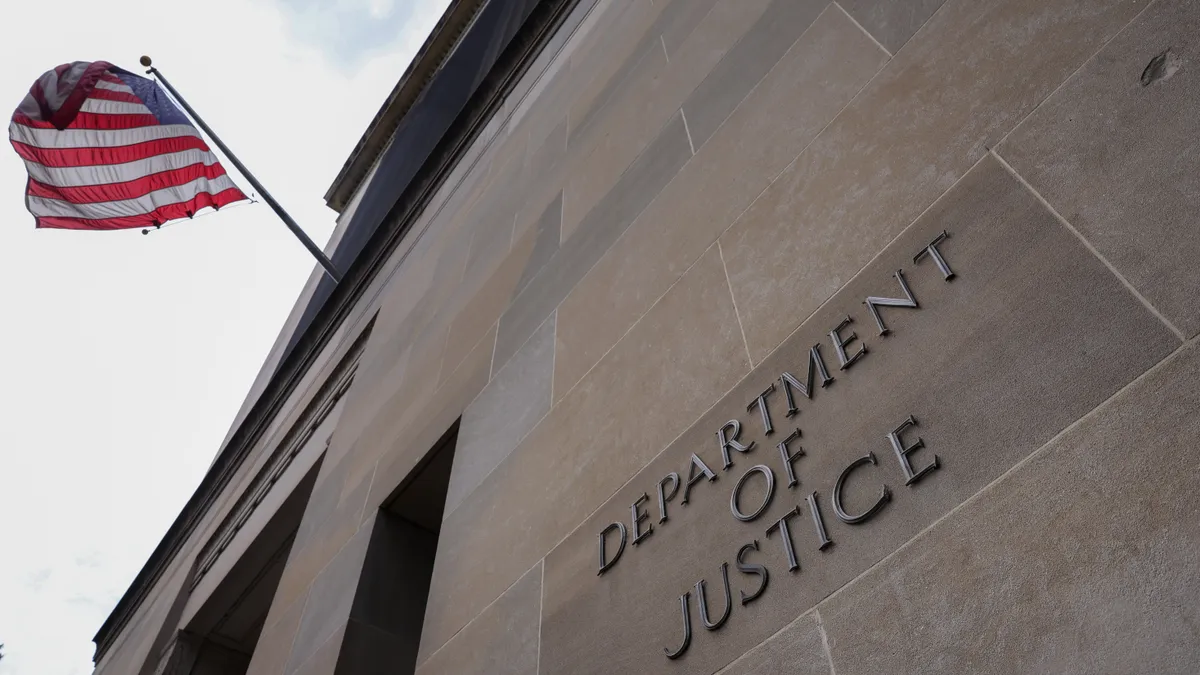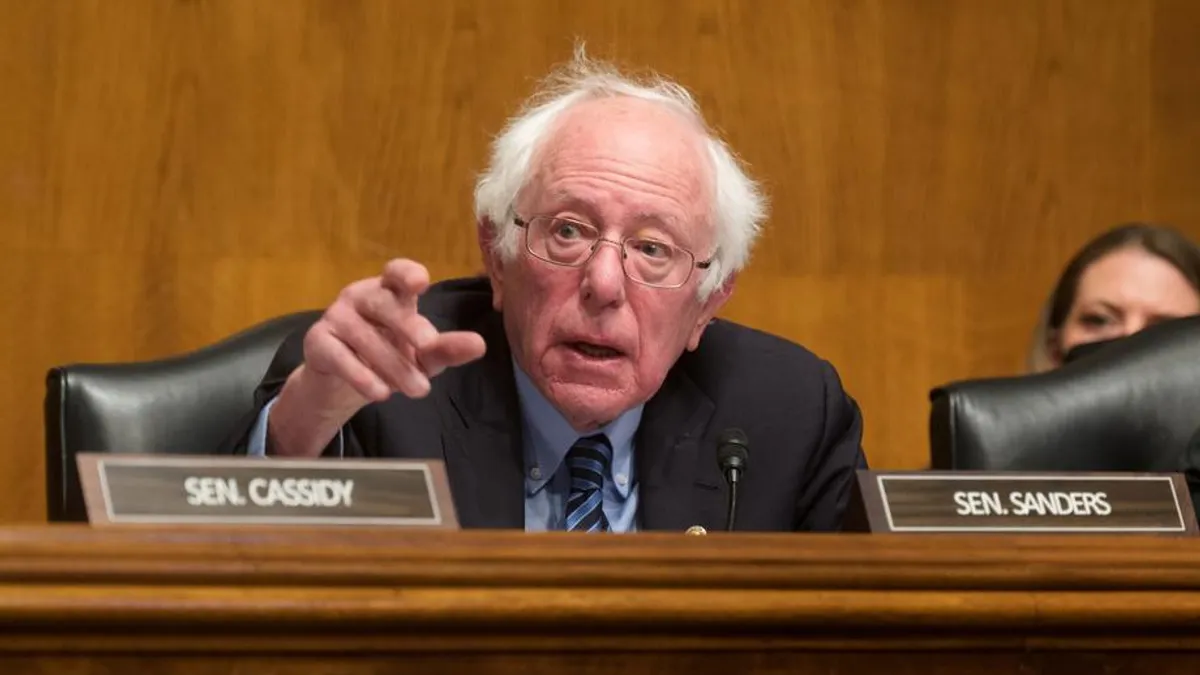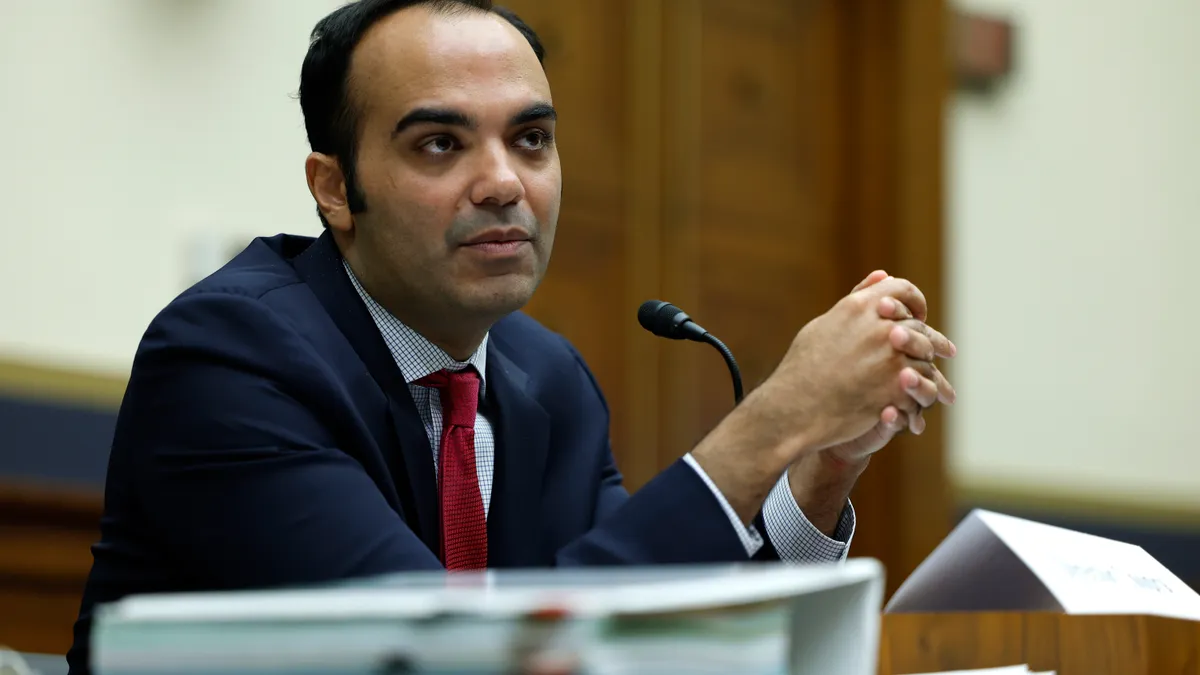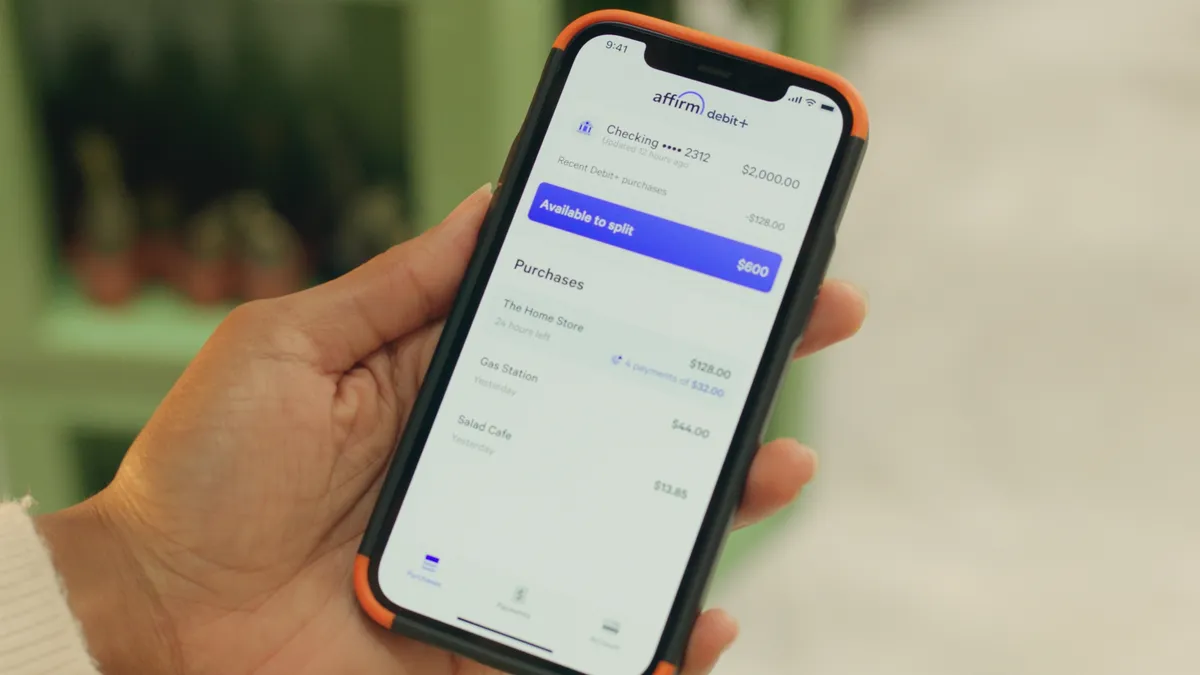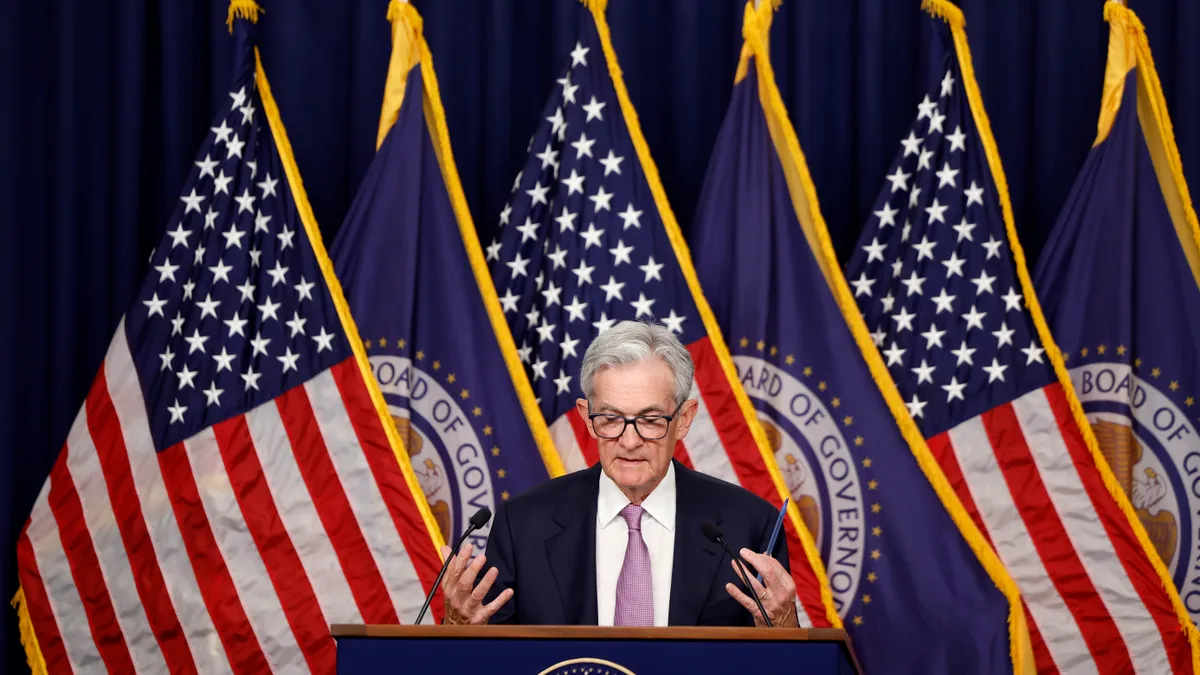Fintech Dave slammed the Justice Department for filing an amended complaint against the company and its founder and CEO, Jason Wilk, last month.
The lawsuit, first filed by the Federal Trade Commission in November and later referred to the DOJ, is “a continued example of government overreach and includes numerous allegations based on various inaccuracies,” the cash advance firm said in a statement Dec. 31.
Additionally, Dave noted that it eliminated optional tips and express fees for the company’s ExtraCash product, a focal point of the lawsuit.
The Los Angeles-based fintech announced late last month that, following positive customer feedback and adoption, all new Dave members onboarded on or after Dec. 4, 2024, have been transitioned to the new fee structure, and the transition for existing members is ongoing.
The company expects to complete the new fee structure early this year, it said. Among its services, the Dave provides credit that essentially allow consumers to access earned wages before a regularly scheduled payday.
Dave said the amended lawsuit has not changed in substance but only adds a claim for unspecified consumer redress and civil money penalties. The DOJ complaint also seeks a permanent injunction that prohibits Dave from engaging in future violations and replaces the earlier lawsuit filed by the FTC, which only named Dave as a defendant and did not seek any civil penalties.
The DOJ said Dave violated the FTC Act and the Restore Online Shoppers’ Confidence Act because the online platform charged consumers who needed financial assistance with undisclosed fees and “tips” without their consent.
However, Dave noted in a statement that the DOJ needs to prove that Dave was aware of the alleged violation of the law to obtain civil money penalties.
“We believe that we have always acted within the law, and we have continued to rely on the fact that other government agencies have previously reviewed the Company’s business model without taking action,” Dave said in a statement last month.
Dave intends to vigorously defend itself and is serious about compliance and consumer transparency, the company said.
The DOJ’s amended complaint highlights Wilk's role in decision-making related to Dave’s operations, including the mobile app’s digital content and design and how Dave presents itself and its offerings to consumers. He was also aware of and participated in the practices raised in the lawsuit, the amended complaint alleges. Wilk, who has served as Dave’s CEO since 2016, holds 60% voting power over the fintech’s executive stock, which gives him the power to control all shareholder matters.
According to the DOJ, Dave’s advance payment service misled customers by advertising “instant” transfers. However, the service took two to three business days unless consumers paid an “Express Fee” between $3 and $25.
According to the complaint, an internal Dave presentation discussed the express fee, highlighting that “[w]hat we promised [to consumers] is not what they see.” The presentation recommended that Dave should “[s]et expectations much earlier on the true cost of the money [consumers] are borrowing.” Though Wilk was aware of the presentation and the recommendation, it was ignored, the complaint alleged.
The deceptive “tipping” practice allowed Dave to charge a default of 15% once consumers clicked the “Thank You” button – a method not clearly disclosed to consumers, leading many consumers to think it was mandatory, according to the complaint. Wilk implemented the “tipping” practice as an additional source of revenue and controlled the design of “tipping” in the app, the complaint alleged.
Wilk and other executives received complaints about the $1 monthly subscription fee, which was not disclosed to consumers when they set up the account.
Following the complaint, Dave hired Kevin Frisch in November as chief marketing officer to oversee the fintech’s marketing strategy, including brand, content, product marketing, acquisition, cross-sell and retention. Wilk welcomed Frisch, highlighting his “deep customer empathy” and “analytical vigor” to drive the company’s marketing campaign.
Despite the FTC lawsuit and a $7 million settlement reserve, Dave reported third-quarter revenue rose 41%, to $92.5 million.
“The Justice Department is committed to stopping companies and their executives from preying on financially vulnerable consumers with deceptive advertisements, hidden fees and subscriptions that are difficult to cancel,” Principal Deputy Assistant Attorney General Brian M. Boynton said in a statement, adding that the department will continue to enforce the FTC Act, ROSCA and other statutes to shield consumers from malpractices.



